The inflation rate has slowed down to 3.54 per cent in July, lower than the RBI’s baseline target of keeping inflation below 4 per cent. The food inflation has also seemingly tapered to 5.42 per cent. The RBI’s monetary policy committee, which had kept key bank rates on hold at its last meeting, may well use this to reduce interest rates, arguing inflationary bull has been caged. Cause for joyous cheers? Not really.
There are three reasons why we need not celebrate. Firstly, the inflation is calculated on a year-by-year and last July was terrible for price increases. The consumer price index, which is the inflation rate economists take into reckoning, had risen by a huge 7.44 per cent in July last year while the food price index had risen by a phenomenal 11.51 per cent. The slightly slower rise in this year’s July reflects what is called the “base effect”, which means the lower rates are not because prices have fallen but because the point of reference was too high. Secondly, the middle class and the poor have been hard hit by inflation, even as our stock markets have cheered it by scaling new heights, because the Monsoon has not brought prices down as it usually does.
Vegetable prices rose 6.83 per cent during July despite good rains in many parts of the country. Pulses rose by a huge 14.77 per cent, cereal price increased by 8.14 per cent, while prices of meat and fish (eaten by nearly 70 per cent of Indians) also continued to rise by nearly 6 per cent. An average poor family in India spends a little over half his monthly budget on food and this continued rise in food prices hurts him the most, according to data collected by the government for its household consumption expenditure survey. For the average middle class household, food spending is between a quarter and a third of the monthly budget; which again means food prices continue to pinch their pockets.
Thirdly, the bill on fuel and light has shrunk by 5.48 per cent, which affects the overall consumer inflation rate as also the prices of everything else, including food, as transport costs are directly linked to the fuel bill. The principal reason why this has happened is that India’s crude import bill has gone down from nearly US $ 90 a barrel in April to nearly US $ 84 in July. The August figure is even better having come down to just a tad over US $ 77 a barrel. This has happened as India emerged as the big buyer of cheap Russian oil, picking up more than a third of its oil shipments in the first half of 2024. With the western world boycotting Moscow’s oil on account of the war it is waging in Ukraine, India, China and Turkey have together bought up some 93 per cent of the oil which Russia has been shipping out.
Let’s now look at what the moderation in inflation rate in July means, besides the optics of telling us that we are not so troubled by rising prices. If the August inflation stays near about 4 per cent, then the previous spikes in inflation will be ignored and the country’s central banker is very likely to give in to demands from India Inc., to reduce the overnight lending rates to banks which stand at 6.5 per cent. While this will help those who borrow money from banks, it will hit those among us who depend on earnings from fixed deposits to eke out our simple lives. Their pocket will be doubly hit by prices which have not come down but are still rising and a lower income because the ‘wise men’ on Mint Street believe cheaper funds are the best way to grow the country.


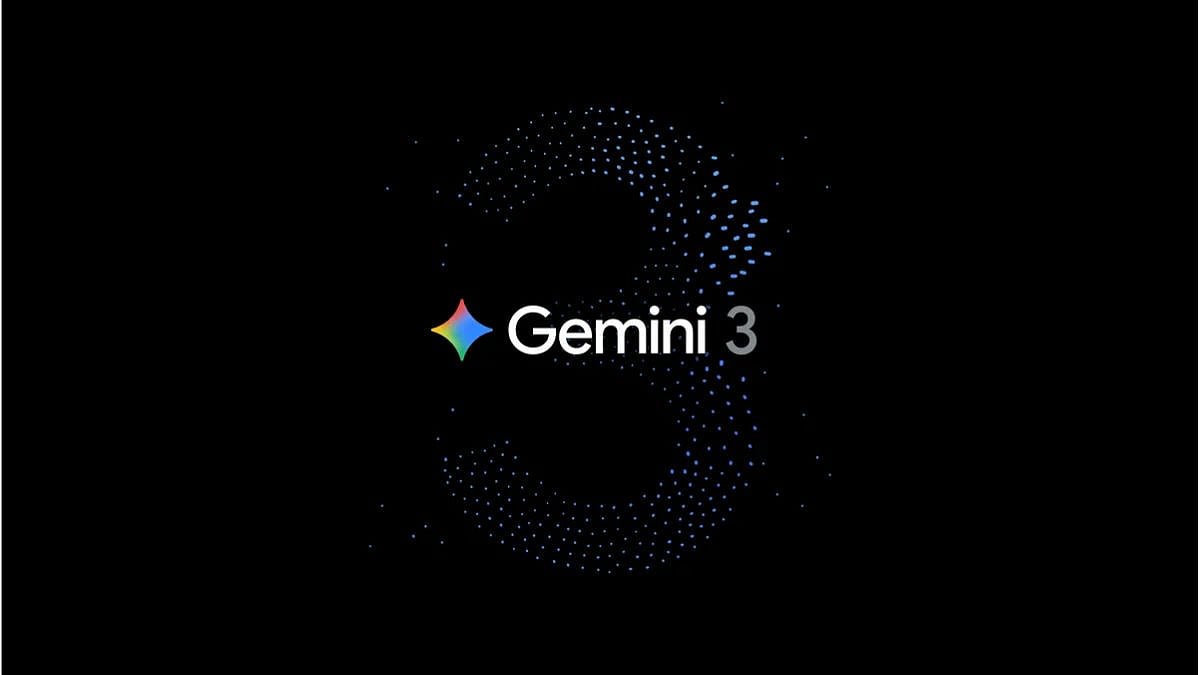
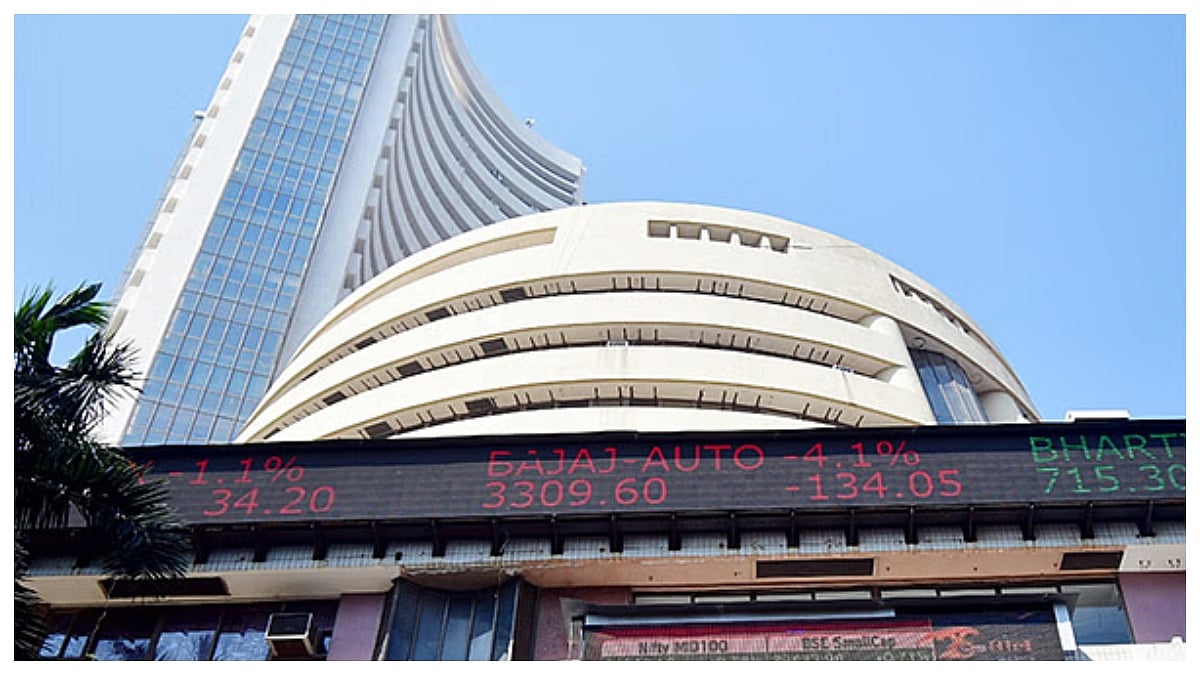
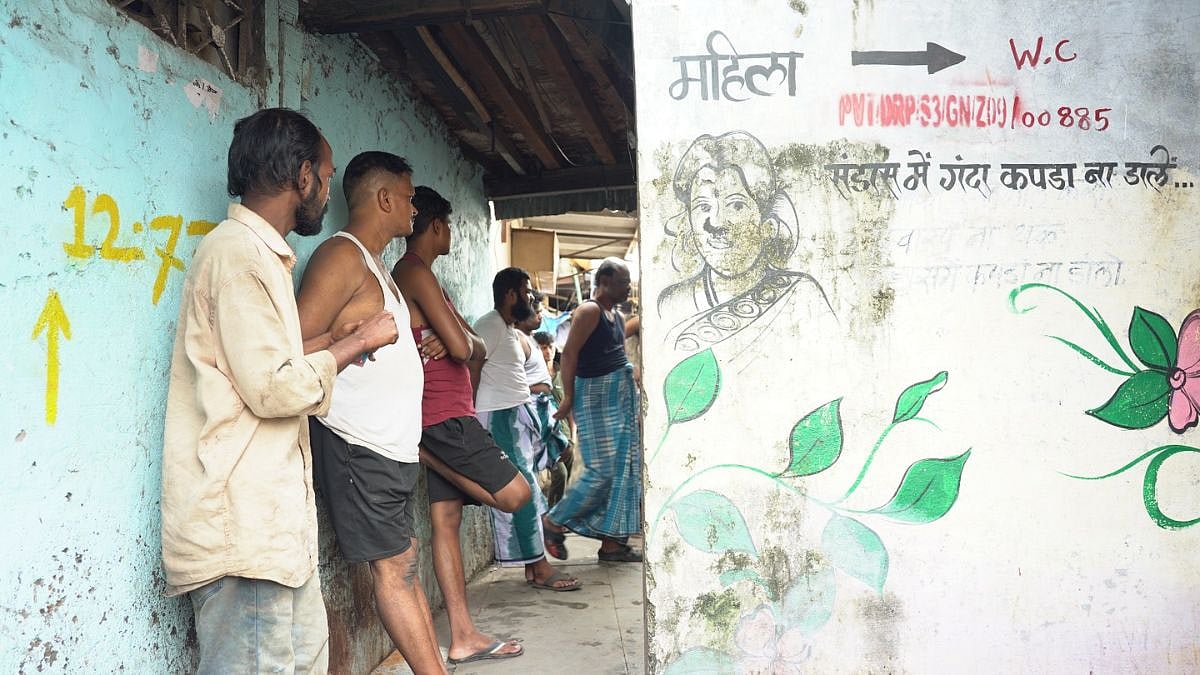
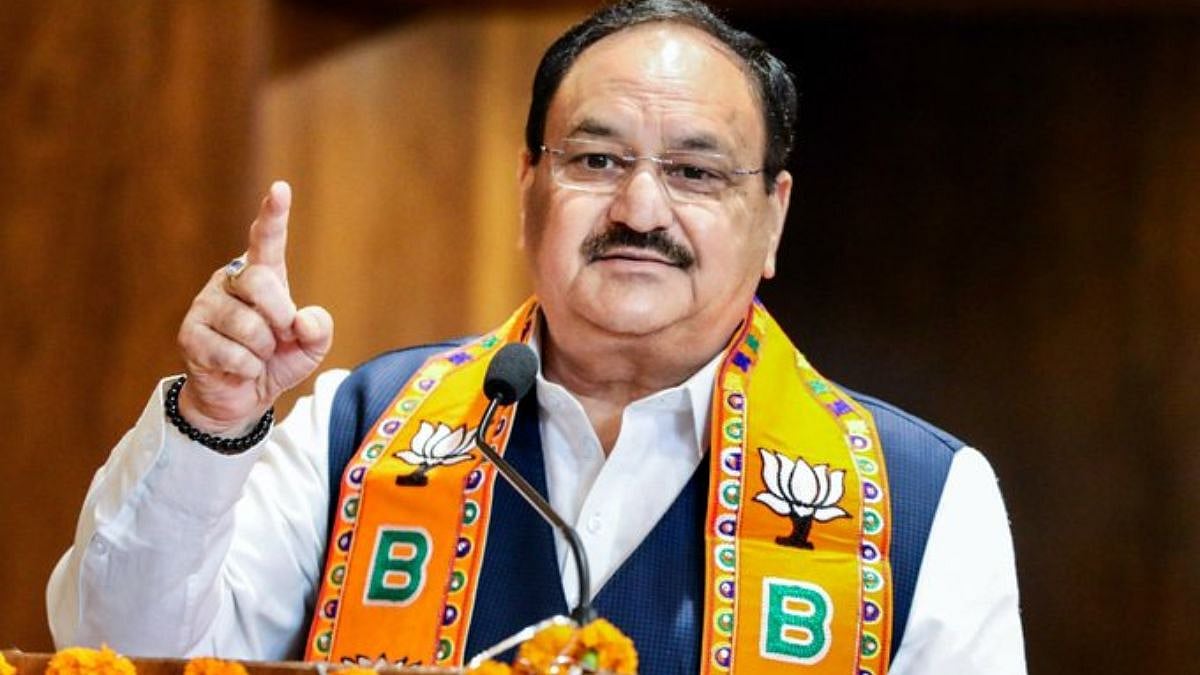
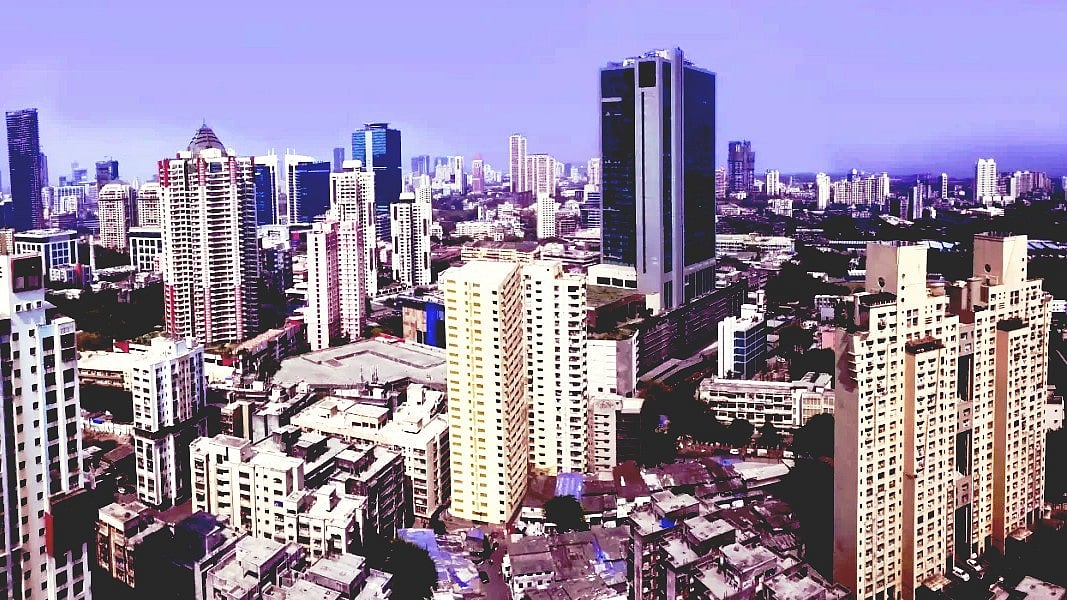
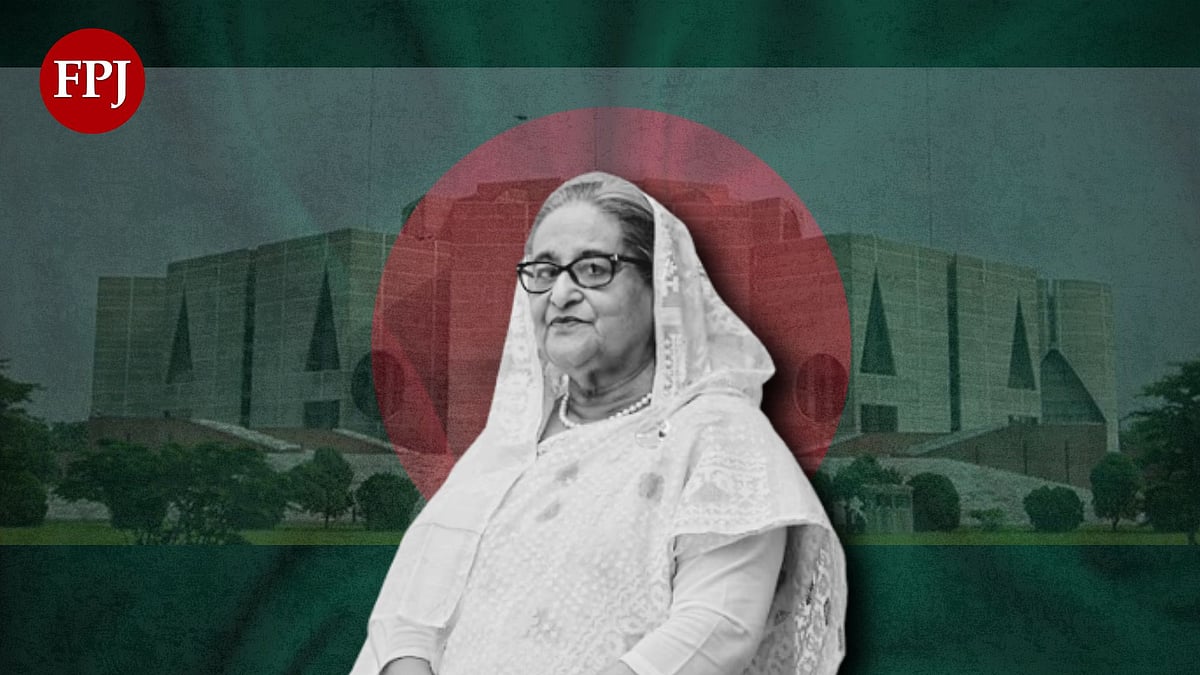
.jpg)
